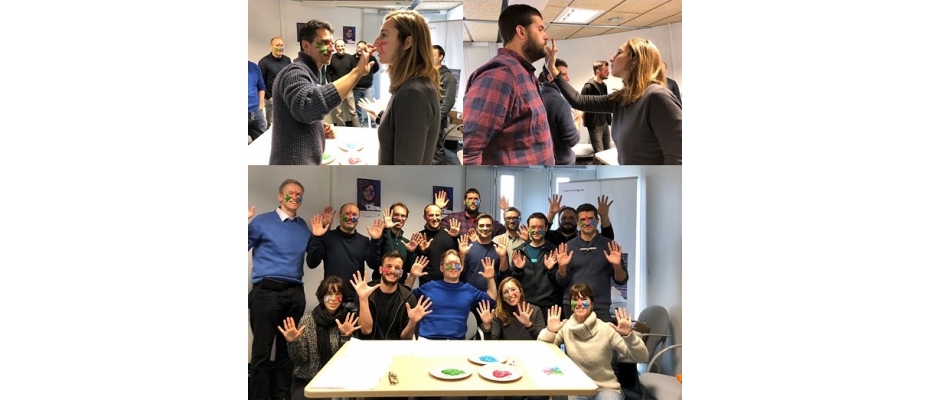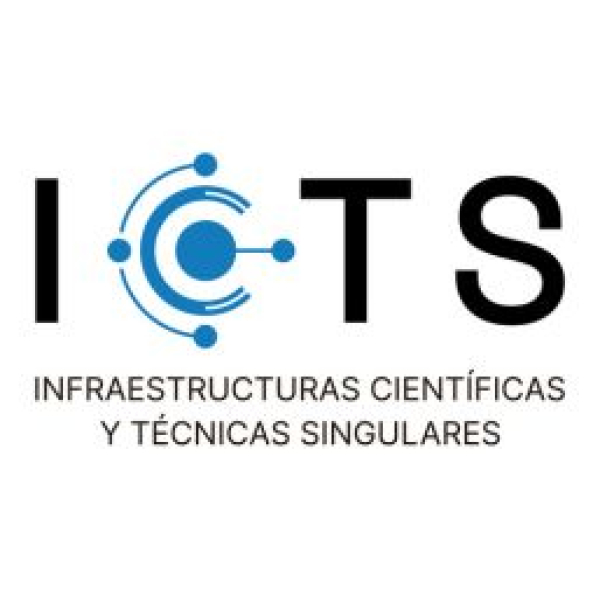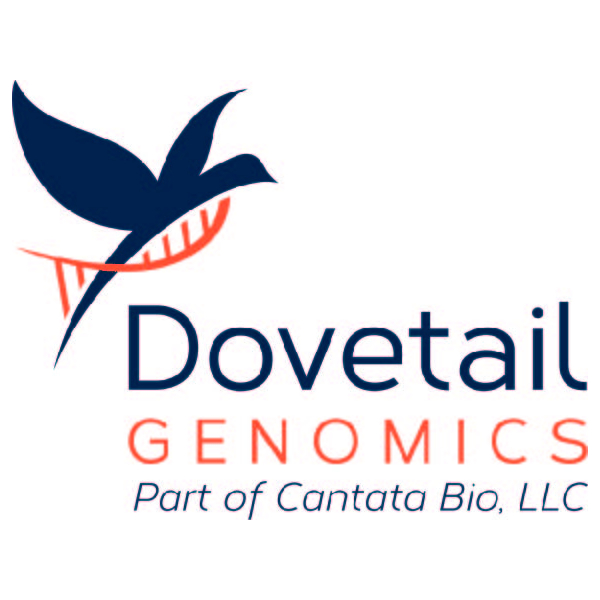
February 28 2018 (Rare Disease Day).- Rare Diseases are one of the world’s greatest health challenges. Statistics tell us that 1 in 17 people will be affected by a rare disease at some point in their lives. According to the European Union, diseases are considered rare when they affect no more than 1 in 2,000 persons; while these diseases are rare, altogether patients are numerous as there are more than 7,000 known rare diseases most of which have a genetic component. In addition, patient populations, clinical expertise, and research communities are highly fragmented by nation and medical specialty.
Recent advances in genomics and technology are having big impact in the care of patients with rare diseases. It is essential that cutting-edge genomic research translates into clinical care helping to understand the biology of rare diseases. Given this scenario, the CNAG-CRG as one of the top genome centers in Europe, is getting more and more involved in rare disease research.
The CNAG-CRG plays a central role in the RD-Connect EU funded project through the development and hosting of the RD-Connect Genome-Phenome Analysis Platform. This tool securely integrates -omics data with clinical information, providing not only a centralised data repository but also a sophisticated and user-friendly online analysis system. The platform enables researchers and clinicians to perform entire primary genomic analysis of their own patients online, and compare findings with other submitted cohorts. This platform is the main outcome of RD-Connect, a project that has built a community of patients, clinicians, researchers and bioinformaticians in Europe and beyond, and has advanced collaboration and data sharing to facilitate and accelerate research for rare diseases. The platform already includes several thousand cases from several groups and partner projects.
Closely related to RD-Connect, the EU has just launched SOLVE-RD, a large-scale research program operating under Horizon 2020 in which the CNAG-CRG is a key member. Applying the latest available ‘multi-omics’ methods in rare disease research experts aim to diagnose more cases. The project will also benefit from the RD-Connect Genome-Phenome Analysis Platform developed at CNAG-CRG; in this case, it will be used to collate existing and newly generated genomic and phenotypic data. The CNAG-CRG will also contribute to the SOLVE-RD project with the development of new data integration, analysis and sharing methods.
Another initiative in Rare Diseases research involving the CNAG-CRG is the Matchmaker Exchange. Launched by the Global Alliance for Genomics and Health (GA4GH), the platform aims to find genetic causes for patients with rare disease. This involves a large and growing number of teams and projects working towards a federated platform (Exchange) to facilitate the matching of cases with similar phenotypic and genotypic profiles (matchmaking) through standardized application programming interfaces and procedural conventions. The CNAG-CRG team is testing the current version of the platform and is part of the developers group working on adding functionalities to the application programming interfaces.
At a national level, the CNAG-CRG is part of a project awarded with a PERIS grant (Pla Estratègic de Recerca i Innovació en Salut 2016-2020) and coordinated by Dr Luis Pérez-Jurado. It is a large-scale personalized medicine project in rare disorders that aims to enable the Catalan Health Service with a collaborative system for the application of genomic medicine to rare disorders patients. The CNAG-CRG has an essential role, carrying out clinical grade sequence analysis and piloting the development of a clinical-genomics platform for cancer and rare disease diagnostics for the Catalan Health Service.
The CNAG-CRG is also in charge of sequencing and analysing a thousand genomes of patients and their relatives with rare diseases and some types of cancer. It is the project called Nagen: Proyecto Genoma 1000 Navarra (Nagen 1000) and it is led by the Navarrabiomed biomedical research center. Nagen aims to transfer the use of the latest technology of complete human genome analysis to Navarra's public health network.
The CNAG-CRG makes efforts to promote the utilization of next-generation sequencing technology for rare disease applications. In 2014 the CNAG-CRG together with CIBERER launched a call to the Spanish research community offering free-of-charge Whole Exome Sequencing and bioinformatic analysis for disease gene identification in rare disorders. The evaluation committee selected 23 projects of research groups from all over Spain.
More recently, in a joint initiative with the BBMRI- LPC project (Biobanking and Biomolecular Resources Research Infrastructure – Large Prospective Cohorts) and the Wellcome Trust Sanger Institute, the CNAG-CRG launched a call to promote the use of sequencing technologies for the identification of novel causative variants and genes and to molecularly diagnose rare disease patients. 17 projects, with a total of 900 samples, were selected for Whole Exome Sequencing and bioinformatics analysis for free.
In general, the growing participation of CNAG-CRG in rare disease research projects is clear in terms of samples sequenced; while during the period 2014/2015 the total number of processed samples related to rare diseases was of 523 in the period 2016/2017 the number of these samples increased to more than 1600.











